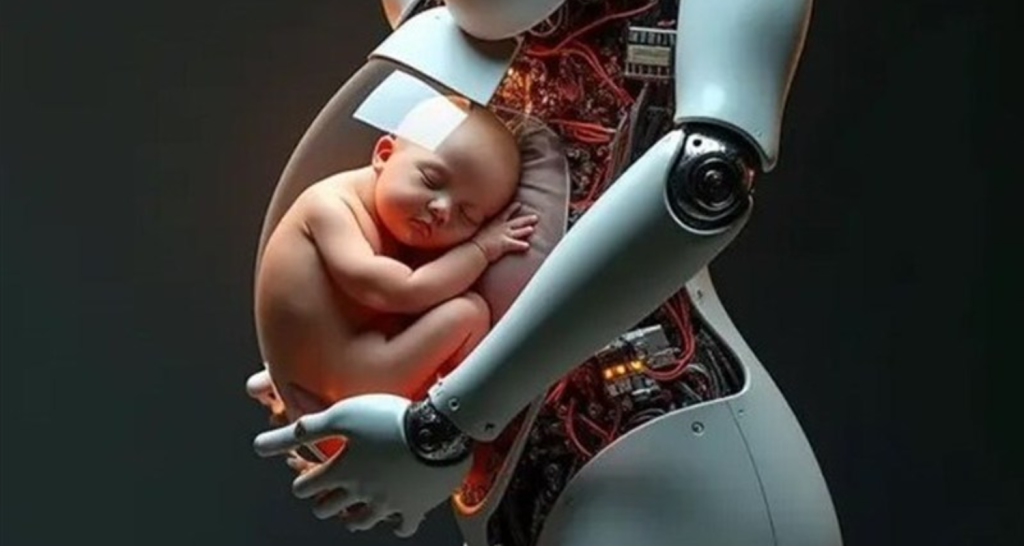Chinese researchers are advancing reproductive science with a robot designed to mimic human pregnancy. They believe the technology could one day deliver a living baby.
Artificial womb technology
The system uses an artificial womb where a foetus grows while receiving nutrients through a tube. Fertilisation methods have not been fully disclosed. The project is led by Dr Zhang Qifeng of Guangzhou-based Kaiwa Technology, who is also connected to Nanyang Technological University in Singapore.
Prototype details and launch timeline
Dr Zhang stated the system is already at a mature stage. The next step involves implanting the womb into a robot’s abdomen to allow human interaction during pregnancy. A prototype is expected in 2026, priced around 100,000 yuan (14,000 USD).
Ethical and psychological debates
The idea has raised questions about maternal bonding, ethics, and the sourcing of reproductive materials. Psychologists warn of possible effects on children born through artificial wombs. However, infertility impacts around 15% of couples globally, showing potential demand for such innovation.
Background and regulatory steps
The research builds on earlier artificial womb experiments, such as the 2017 trial with premature lambs. Dr Zhang’s team is working with Guangdong authorities to address policy and legal issues before public adoption.











